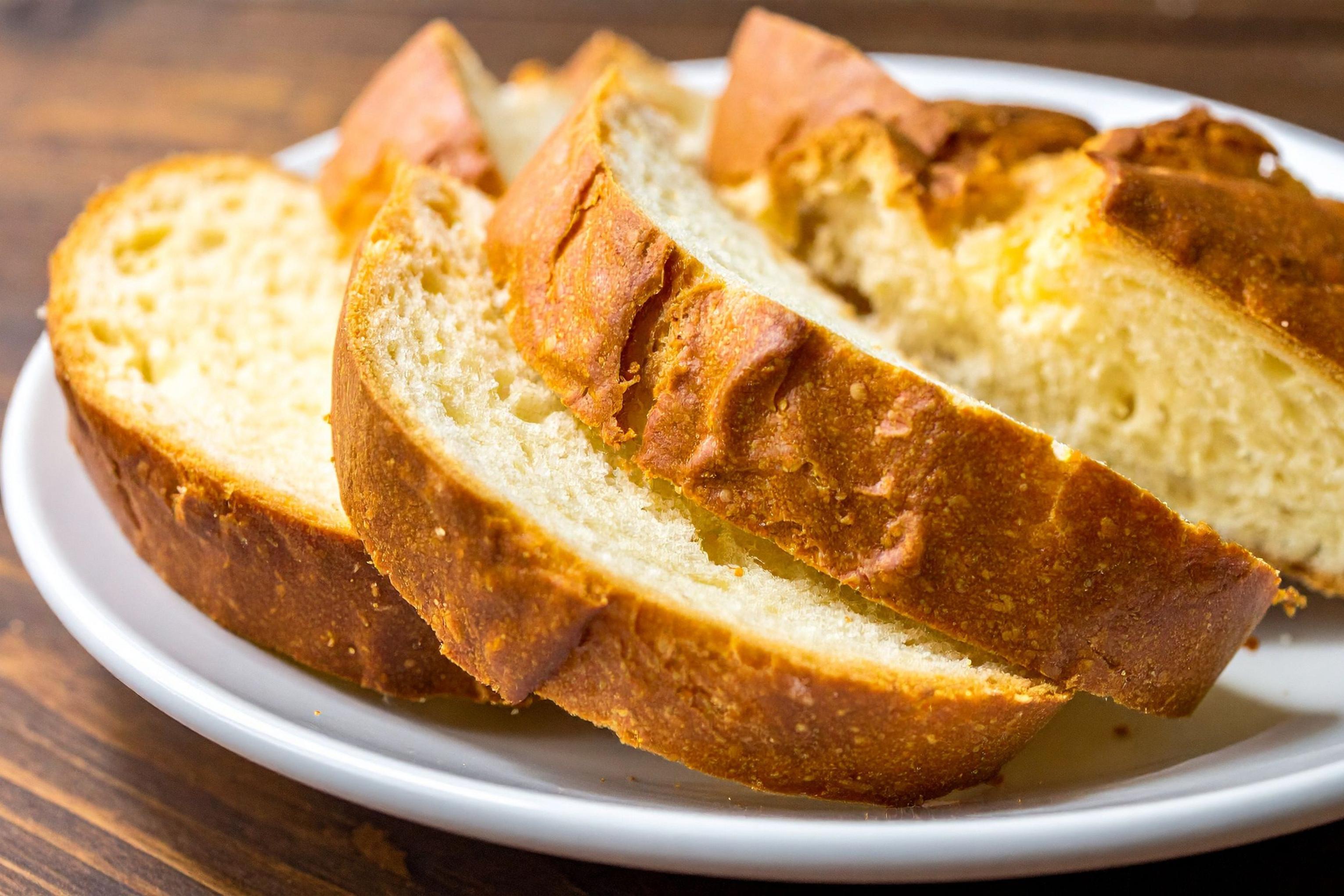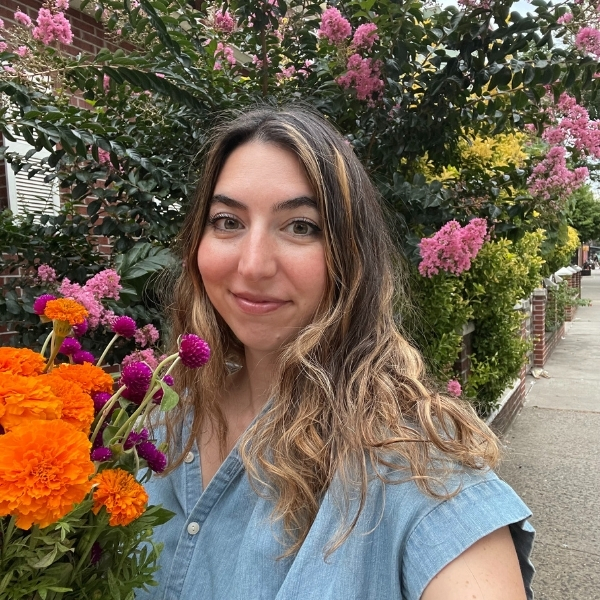
Choreg
The other day an unfamiliar coworker stopped me in the bathroom (!) and asked me if I was Greek or Turkish. “I’m Armenian” I responded, and then awkwardly ended the conversation since I still don’t know this person’s name and didn’t want to draw attention to that fact.
It’s not the first time someone has clocked me as “vaguely Mediterranean” or “a slightly ethnic white girl”. It is those moments in which I feel most Armenian, as my features are one of the few things I have carried on from generations past.
My maternal grandmother was born in Constantinople, during the last gasping breaths of the Ottoman Empire. When she was a young child the Ottoman Turks began perpetuating a genocide against the Armenians, an ethnic minority that had been living in the Anatolia and Caucus regions for thousands of years. She, along with her parents and siblings, fled the country and started a new life in New York City, leaving behind their home, their language, and traditions and daily rituals of a life that could no longer exist.
Many things were lost, for them and for future generations. My mother was never taught how to speak Armenian meaning neither was I. We did not attend Armenian Church or Armenian Dance classes. I often wonder if I am Armenian enough to even lay claim to my heritage. My mother didn’t marry another Armenian but a man whose ancestors were literal pilgrims; the kind that hung out in Leiden, Holland for ten years and got side eyed by the Dutch for being religious weirdos before coming to America to create a nation of religious weirdos. The only ritual I’ve taken from that side of the family is to make my martinis with gin. On a regular day the closest I come to engaging with my Armenian roots is by adding a shit ton of dill to my salads.
Like many families before and after mine, we stayed connected to the past through food. The rice pilaf, the lamb, the dolma, the stuffed peppers, the baklava, the choreg. I didn’t make any of this stuff but sometimes I helped.
Choreg is a traditional Armenian Easter Sweet Bread. Think challah, but with way more sugar and butter and the addition of an aromatic spice called mahleb. My grandmother and her sister would make it for every Easter. They could make beautiful braided loaves in traditional shapes or large crown loaves with dedicated spots to hold dyed eggs. They would chatter and bicker with each other throughout the process or tell my sister and I stories, never missing a step in the process. My sister and I often helped, and while I failed to follow the many steps involved in making the dough, I participated in the ritual of baking by braiding the loaves. Poorly.
At some indeterminate point of time we stopped making choreg for Easter and started making it for Christmas. This makes very little logical sense as the dough has to go through two rises which is much more easily accomplished in warm weather. This isn’t the great British bake off, we don’t have proving drawers. We are probably the only Armenians who make choreg during the Christmas season, defying generations just…because. We’ve been doing it for so long that now it doesn’t feel like Christmas if the morning doesn’t start with choreg with jam and butter for breakfast.
My husband (whose heritage is 1000% Irish) has taken over the process of baking the choreg. I still help out with braiding the loaves however. Participating in the ritual of slowly crossing one strand of dough over another makes me think of my grandmother doing the same action in her kitchen in NJ; my great aunt expertly forming the strands into a circle while in her kitchen in an apartment in 8th Ave; their mother braiding dough in a home that overlooked the Bosporus. In those moments I can fully embrace my heritage, and the worry that I’m not Armenian enough is abated. So what if we make choreg for Christmas and not Easter? The outcome is the same - many hands across many generations have led to my kitchen in queens where I will braid dough (still poorly) in honor and remembrance of all those who came before me, who are no longer with us, and would be pleased to know that even if the holiday is wrong, the tradition and the ritual continues.
Kerry is a new writer who loves to watch tv and then read about the tv she just watched. She is excited to expand her creative endeavors by partnering with Gal Pal. She is based in Queens, NY, the world’s borough, and lives with her husband and their two jerk cat sons.

Lorem ipsum dolor sit amet, consectetur adipiscing elit. Suspendisse varius enim in eros elementum tristique. Duis cursus, mi quis viverra ornare, eros dolor interdum nulla, ut commodo diam libero vitae erat. Aenean faucibus nibh et justo cursus id rutrum lorem imperdiet. Nunc ut sem vitae risus tristique posuere.
Lorem ipsum dolor sit amet, consectetur adipiscing elit. Suspendisse varius enim in eros elementum tristique. Duis cursus, mi quis viverra ornare, eros dolor interdum nulla, ut commodo diam libero vitae erat. Aenean faucibus nibh et justo cursus id rutrum lorem imperdiet. Nunc ut sem vitae risus tristique posuere.